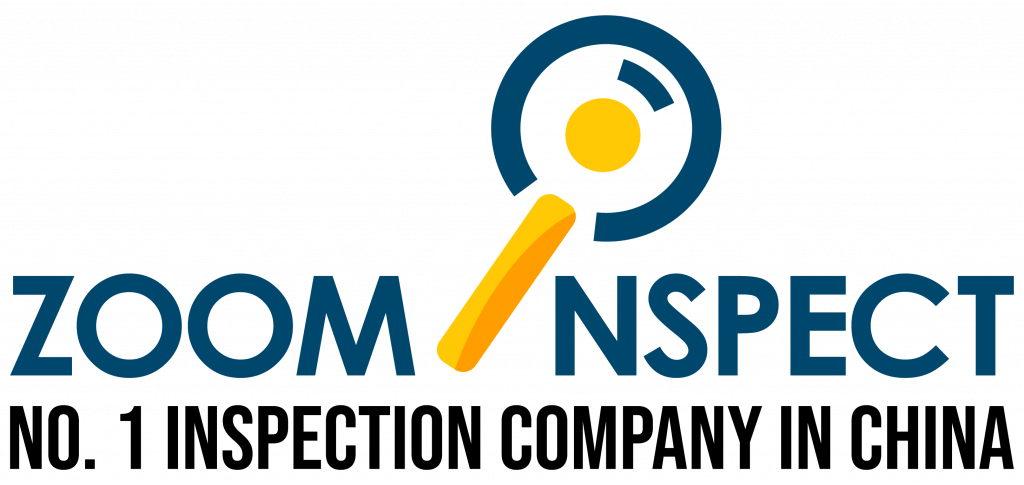When it comes to conducting a Pre-Shipment Inspection, a common viewpoint is that it aims to ascertain that a supplier delivers the quality and quantity as promised. However, trade operators who are fully confident in their suppliers, don’t deem a third-party inspection to be an essential part of quality control.
Regardless of the bond of trust between a supplier and a buyer, executing a Pre-Shipment Inspection is still a great idea. Mentioned below are a few rationales to bust the myth that a third-party inspection service is not required if you trust your supplier’s ability to meet the specified standards.
- To avoid non-deliberate and careless blunders
- To avoid deliberate errors from your supplier
- To confirm your shipment specifications before the final payment
The extended prevalence of problems arises because of non-deliberate missteps from your supplier. Some blunders that are commonly experienced by buyers are inaccurate barcodes, labeling Amazon carton tags on the interior of the cartons when they should be on the exterior, items in the falsely marked container, placing multiple items in the tail boxes to save space, and the list goes on too.
Nonetheless, these aren’t the errors that will be driven by a supplier on purpose just to cut ends or harm your business reputation and profit gains. They’re merely thoughtless oversights that ensue for various unintentional causes. To counteract these possibilities, a third-party examination is an essential element of a quality supply chain because it prevents almost all such risks by thoroughly verifying all the aspects of merchandise.
Furthermore, there are also defects in the products that are intentional but are solely due to the different moral grounds for both the supplier and the consumer. Assessing for such intentional deficiencies is a demanding test. One has to figure out every single detail and requirement of a respective product in order to evaluate it according to the standards.
When it comes to documenting the most common mistakes that are deliberately made, the substitution for defective materials tops the list. Suppliers don’t consider this substitution as malicious or fraudulent. For example, if 600D polyester fabric is not restricted in your Purchase Order, then the manufacturer will automatically assume that


